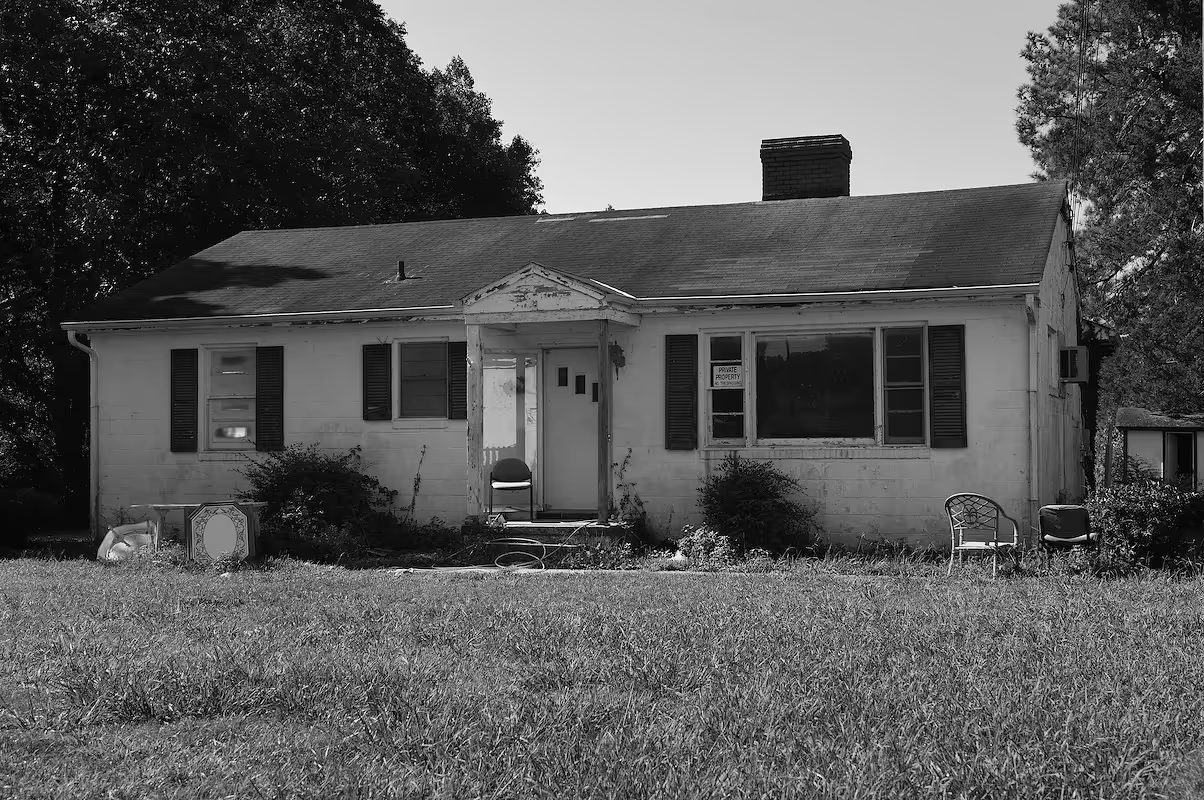
Kudos has partnered with CardRatings and Red Ventures for our coverage of credit card products. Kudos, CardRatings, and Red Ventures may receive a commission from card issuers. Kudos may receive commission from card issuers. Some of the card offers that appear on Kudos are from advertisers and may impact how and where card products appear on the site. Kudos tries to include as many card companies and offers as we are aware of, including offers from issuers that don't pay us, but we may not cover all card companies or all available card offers. You don't have to use our links, but we're grateful when you do!
Does a Foreclosure Affect Your Credit Score?
July 1, 2025


Quick Answers
Yes, a foreclosure significantly damages your credit score, often causing a drop of 100 points or more.
The negative impact lessens over time, but the foreclosure will remain on your credit report for seven years.
Rebuilding your credit is possible post-foreclosure, but securing new loans or favorable interest rates will be challenging for several years.
What Is a Foreclosure?
Foreclosure is the legal process lenders use to repossess a property when a borrower fails to keep up with their mortgage payments. This action is triggered when the borrower defaults on the terms of their loan, typically after missing several consecutive payments. The lender then aims to sell the repossessed home to recoup the amount owed on the mortgage.
This entire process is recorded as a significant negative event on the borrower's credit report. Consequently, a foreclosure can cause a substantial drop in an individual's credit score. This mark remains on a credit report for up to seven years, influencing the ability to secure new lines of credit in the future.
How a Foreclosure Can Affect Your Credit Score
A foreclosure can significantly damage your credit score, creating long-term financial hurdles. Understanding the process helps clarify how each stage contributes to the negative impact on your credit history.
- Initial Missed Payments: The damage begins before the foreclosure itself. Each mortgage payment you miss is reported to credit bureaus, leading to late payment marks that lower your credit score.
- Notice of Default: After several missed payments, your lender will issue a notice of default. This becomes a public record and is added to your credit report, signaling serious delinquency to other potential creditors.
- Foreclosure Filing: The lender initiating formal foreclosure proceedings is a significant negative event. This filing is a severe derogatory mark that causes a substantial drop in your credit score, often by 100 points or more.
- Completed Foreclosure: Once the foreclosure is finalized, it is recorded on your credit report where it will remain for seven years. This is one of the most damaging events your credit history can sustain, impacting future loan applications.
How Much Will a Foreclosure Affect Your Credit Score?
The exact impact a foreclosure has on your credit score can vary. Here are a few key factors that determine the severity of the drop:
- Starting Credit Score. Your score before the foreclosure matters significantly. A higher initial score will typically experience a more substantial point drop compared to an already low or fair score.
- Overall Credit Profile. The foreclosure's impact is viewed alongside your entire credit history. Other negative items, like late payments or high balances, can worsen the effect on your score.
- Time Since Foreclosure. The negative impact of a foreclosure will diminish over time. As the event ages and you rebuild positive credit, its effect on your score gradually becomes less severe.
How You Can Avoid a Foreclosure Affecting Your Credit Score
Consider a Short Sale
A short sale involves selling your home for less than the mortgage balance with your lender's approval. This option can prevent a foreclosure from appearing on your credit history, though it will still have a negative impact. It's a complex process requiring significant negotiation.
Explore a Deed in Lieu of Foreclosure
With a deed in lieu, you voluntarily transfer the property title to your lender to satisfy your mortgage debt. This avoids the lengthy and public foreclosure process. While it still negatively affects your credit, the impact is often less severe than a full foreclosure.
Ways to Improve Your Credit Score
Your credit score is dynamic, not set in stone, meaning it's always possible to improve it through consistent, positive financial habits. An expert guide for 2025 outlines several proven methods you can use to boost your score, often seeing meaningful changes within three to six months.
- Monitor your credit reports. Regularly check your reports from all three major bureaus—Experian, TransUnion, and Equifax—to identify and dispute any inaccuracies that could be dragging down your score.
- Set up automatic bill payments. Since payment history is the single most important factor in your score, automating payments ensures you never miss a due date.
- Lower your credit utilization ratio. Aim to use less than 30% of your available credit, as high balances can signal financial risk to lenders and negatively impact your score.
- Become an authorized user. If you have a trusted friend or family member with a strong credit history, being added to their account can help improve your own score by association.
- Diversify your credit mix. Lenders like to see that you can responsibly manage different types of credit, such as a mix of credit cards and installment loans.
- Limit hard inquiries. Only apply for new credit when necessary, as too many applications in a short period can temporarily lower your score.
The Bottom Line
A foreclosure will have a substantial and long-lasting negative effect on your credit score. This can create significant challenges when you apply for new loans or lines of credit.
Frequently Asked Questions
How long does a foreclosure stay on your credit report?
A foreclosure remains on your credit report for seven years from the date of the first missed payment, significantly impacting your ability to secure new credit.
Can I get another mortgage after a foreclosure?
Yes, but you will face a mandatory waiting period. This can range from three years for an FHA loan to seven years for a conventional mortgage.
Is a short sale better for my credit than a foreclosure?
A short sale is still damaging but often viewed more favorably by lenders than a foreclosure, potentially resulting in a slightly smaller credit score drop.

Supercharge Your Credit Cards
Experience smarter spending with Kudos and unlock more from your credit cards. Earn $20.00 when you sign up for Kudos with "GET20" and make an eligible Kudos Boost purchase.
Editorial Disclosure: Opinions expressed here are those of Kudos alone, not those of any bank, credit card issuer, hotel, airline, or other entity. This content has not been reviewed, approved or otherwise endorsed by any of the entities included within the post.




















.webp)
.webp)
.webp)
.webp)
















